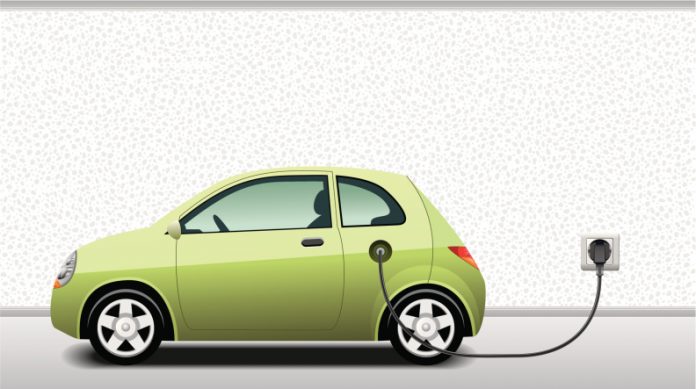The Biden administration has reinstated a waiver allowing California to set auto emission rules that are more stringent than federal standards.
California’s waiver authority will effect the types of automobiles sold far beyond it’s borders, because states accounting for over one-third of the nation’s auto market have adopted California’s tougher emissions standards. States that have adopted California\s vehicle emissions standards are Colorado, Connecticut, Delaware, Maine, Maryland, Massachusetts, New Jersey, New York, Oregon, Pennsylvania, Rhode Island, Virginia, Vermont, and Washington, plus the District of Columbia. California’s standards are pending in Minnesota, Nevada, and New Mexico.
As allowed under amendments to the 1970 Clean Air Act (CAA), the U.S. Environmental Protection Agency granted California special authority to enact stricter air pollution rules for motor vehicles than the federal government’s standards.
Waiver Meets Climate Policy
Originally, the waiver was designed to deal with problems unique to California air quality, such as the notorious smog that plagued Los Angeles for decades.
Over time, however, the waiver became involved in climate policy. In December 2005, the California Air Quality Board (CARB) requested a waiver for greenhouse-gas emissions. The EPA denied California’s request at that time.
During Barack Obama’s presidency, on July 8, 2009, the EPA changed course and granted the CARB’s petition for a waiver to impose limits on greenhouse-gas emission from vehicles.
Saying California’s standards were not supported by the science and that it was concerned allowing California’s waiver would force automakers to manufacture one set of vehicles for some states and another set for other states, in 2019 the Trump administration rescinded California’s decades-old waiver.
Now, as part of the Biden administration’s “whole of government approach to the climate crisis,” EPA reversed itself once again with it, and the National Highway Traffic and Safety Administration, agreeing to allow California to reinstate its strict greenhouse gas standards.
The Biden administration’s action will lead to a cleaner environment, said California Gov. Gavin Newsom, who in 2020 signed an executive order mandating all vehicles sold in the state must be zero emission by 2035.
“We welcome the Biden administration’s expected move to recognize our authority to continue setting the pace with bold policies, investments, and partnerships to clean the air and accelerate the global zero-emissions vehicle transition,” Newsom said in a statement.
Backdoor EV Promotion
Allowing California to reinstitute its own standards is part of a strategy to take remove gasoline- and diesel-power vehicles from the road and replace them with government-favored electric vehicles, says Dan Kish, senior fellow at the Institute for Energy Research.
“The federal government shouldn’t be putting its thumb on the scale in favor of EVs,” said Kish. “For example, late last year, EPA released their ‘2023 and Later Light-Duty Greenhouse Gas Emissions Standard,’ a rule essentially mandating that 17 percent of new vehicles in model year 2026 are fully electric or plug-in hybrids.
“As EPA put it, ‘[w]e project that during the four-year ramp up of the stringency of GHG standards, the standards can be met with gradually increased sales of plug-in electric vehicles in the U.S., from about 7 percent market share in MY 2023 (including both fully electric vehicles and plug-in hybrid vehicles up to about 17 percent on MY 2026,’” said Kish quoting the EPA. “EVs are much more expensive than vehicles with internal combustion engines, as the CEO of Stellantis (Chrysler/Jeep/Fiat) explained late last year, ‘[w]hat has been decided is to impose on the automotive industry electrification that brings 50 percent additional costs against a conventional vehicle.’”
The CWA was not intended to fight climate change, says David Wojick, Ph.D., a Virginia-based energy analyst.
“The Clean Air Act was never designed to impellent climate policy,” said Wojick. “Backdoor policies like this should not be allowed at the federal or state level; it is Congress’ job to develop climate policies effecting interstate commerce, not an executive agency.”
Bonner R. Cohen, Ph.D., (bcohen@nationalcenter.org) is a senior fellow at the National Center for Public Policy Research and a senior policy analyst with the Committee for a Constructive Tomorrow.



























[…] post The U.S. EPA Restores California’s Waiver for Vehicles Emission Standards, Affecting the Whole Nat… appeared first on Heartland Daily […]